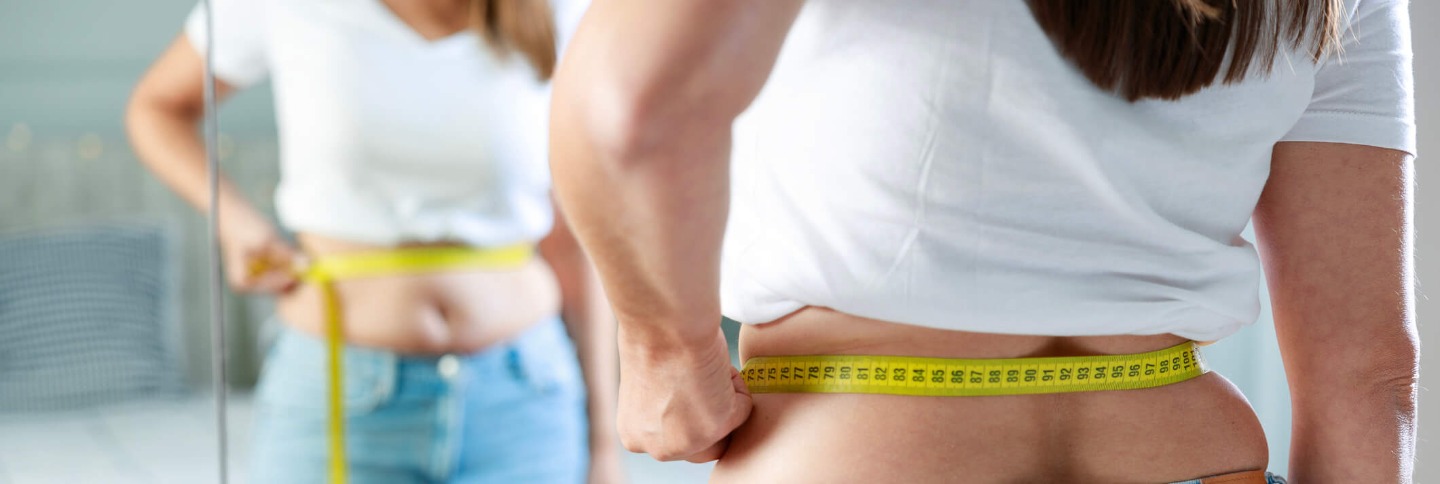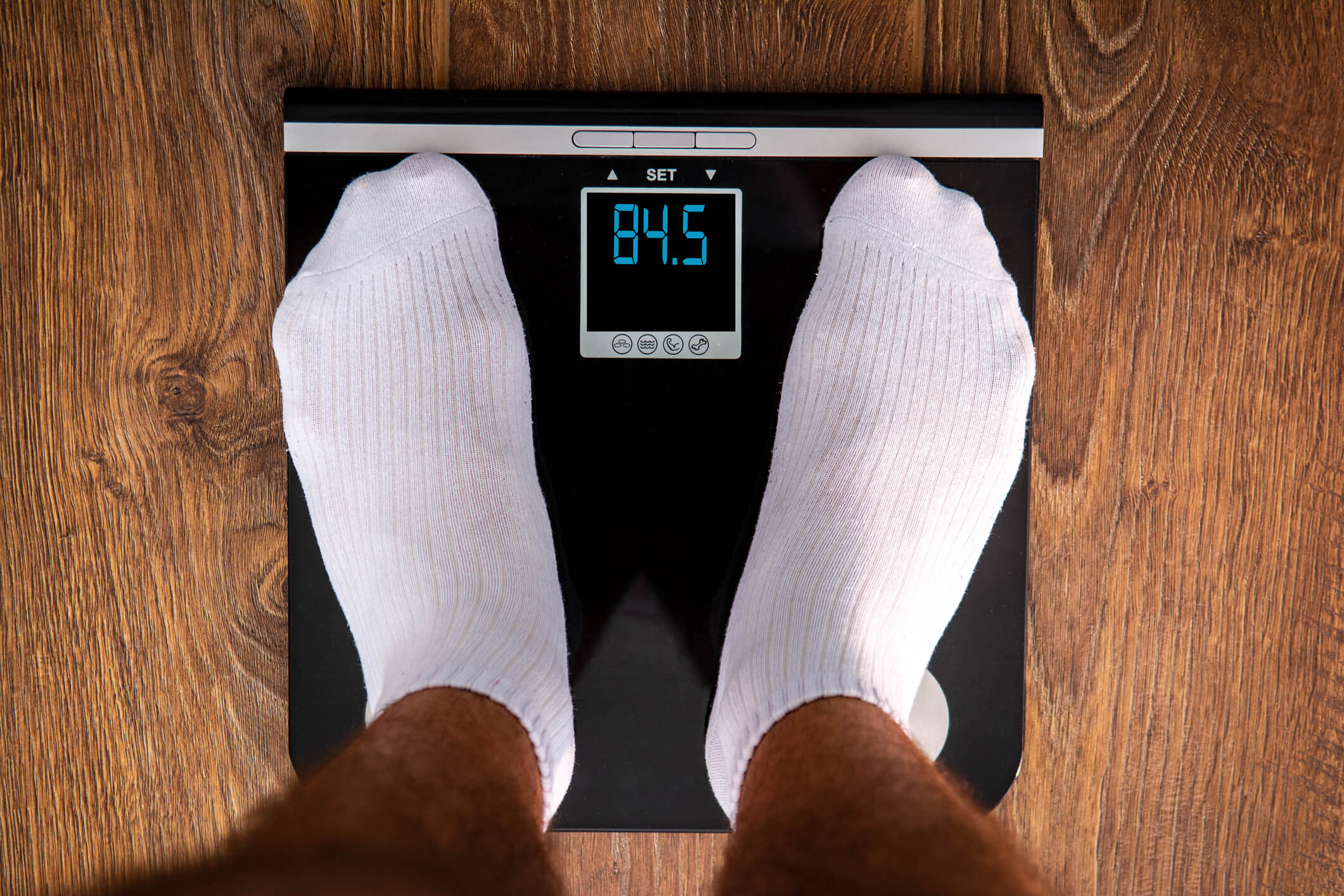(1) ScienceDirect: Visceral Fat, unter https://www.sciencedirect.com/topics/medicine-and-dentistry/visceral-fat, Zugriff am 07.01.2025
(2) Ludwig Maximilian Universität München: Risiko Körperfett, unter https://www.med.uni-muenchen.de/aktuell/2012/artikel_koerperfett/index.html, Zugriff am 07.01.2025
(3) Bundeszentrum für Ernährung: Bauchumfang entscheidend für das gesundheitliche Risiko, über https://www.bzfe.de/ernaehrung/ernaehrungswissen/gesundheit/bauchumfang-entscheidend-fuer-das-gesundheitliche-risiko/, Zugriff am 07.01.2025
(4) American Journal of Clinical Nutrition: “Healthy percentage body fat ranges: An approach for developing guidelines based on body mass index”, unter https://www.researchgate.net/publication/12354988_Healthy_percentage_body_fat_ranges_An_approach_for_developing_guidelines_based_on_body_mass_index, Zugriff am 07.01.2025
(5) Gwin, Jess A et. al.: Increased Protein Consumption during the Day from an Energy-Restricted Diet Augments Satiety but Does Not Reduce Daily Fat or Carbohydrate Intake on a Free-Living Test Day in Overweight Women, unter https://pubmed.ncbi.nlm.nih.gov/29070709/, Zugriff am 07.01.2025
(6) European Heart Journal: Visceral fat mass is associated with daily physical activity, leg skeletal muscle mass and fiber intake in healthy men, unter https://www.researchgate.net/publication/285825412_Visceral_fat_mass_is_associated_with_daily_physical_activity_leg_skeletal_muscle_mass_and_fiber_intake_in_healthy_men, Zugriff am 07.01.2025
(7) Kim, Eun Joo et. al.: Stress effects on the hippocampus: a critical review, unter https://www.ncbi.nlm.nih.gov/pmc/articles/PMC4561403/, Zugriff am 07.01.2025
(8) American Journal of Epidemiology: Association between Reduced Sleep and Weight Gain in Women, unter https://academic.oup.com/aje/article/164/10/947/162270, Zugriff am 07.01.2025
(9) Nedeltcheva, Arlet V. et. al.: Insufficient sleep undermines dietary efforts to reduce adiposity, unter https://www.ncbi.nlm.nih.gov/pmc/articles/PMC2951287/, Zugriff am 07.01.2025
















































